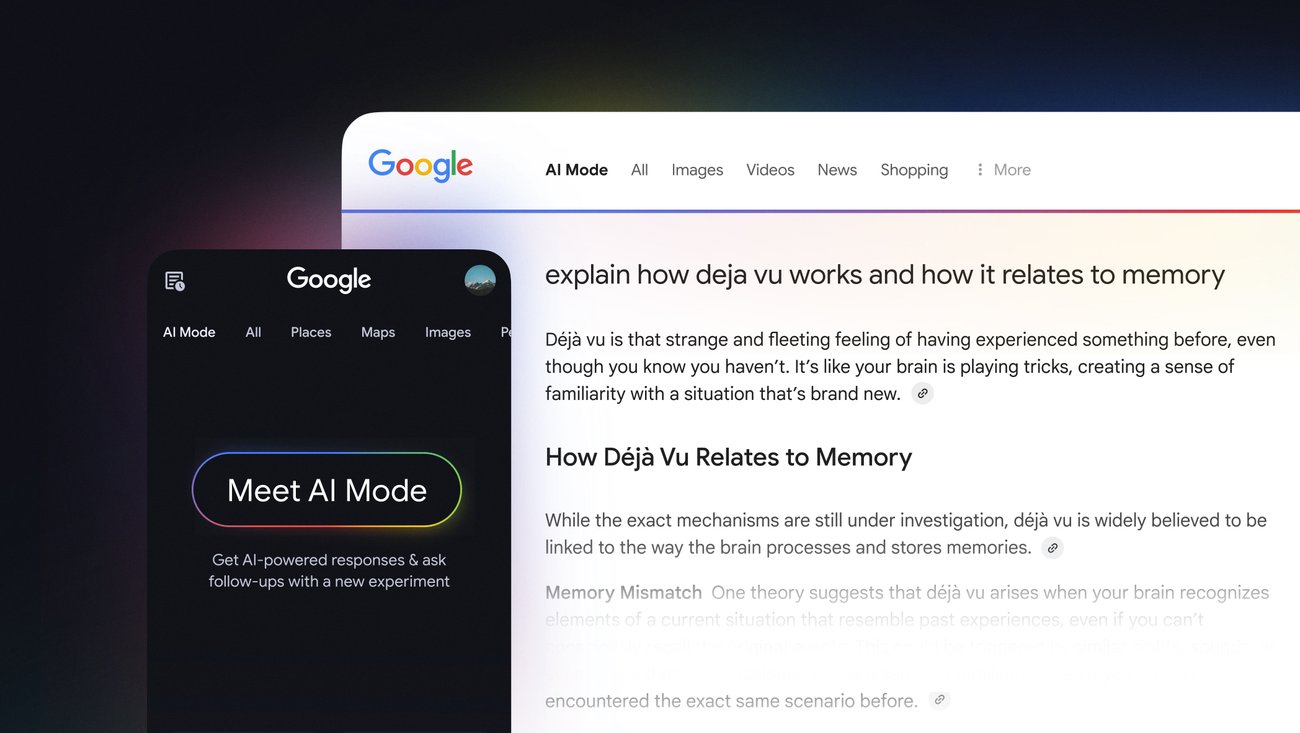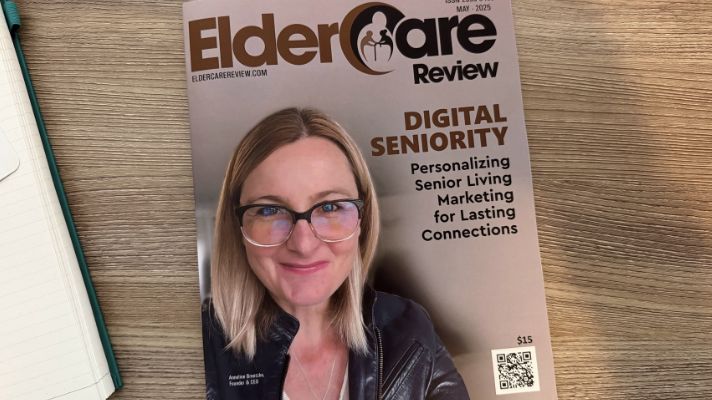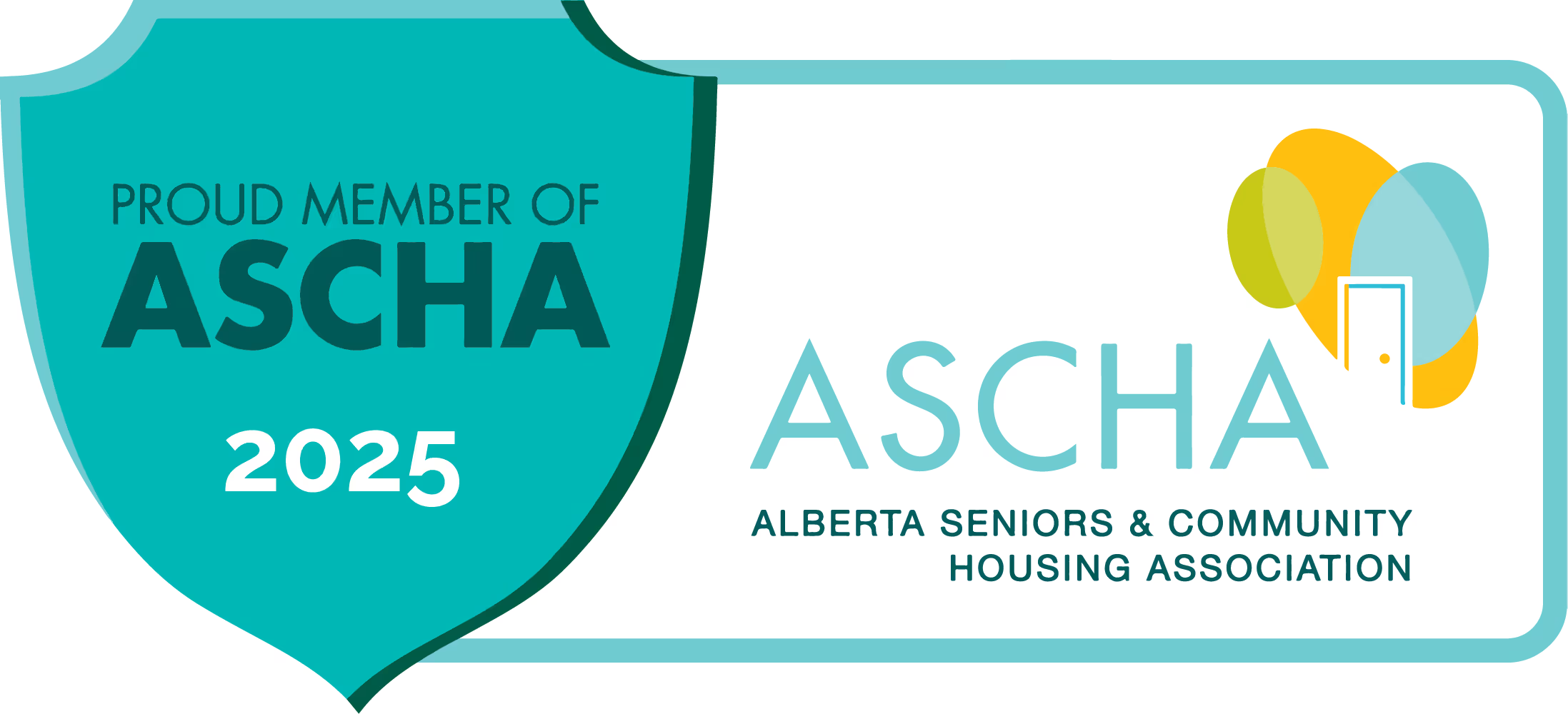
What if the way we search for information was rewritten overnight? What if search results didn’t just rank pages but replaced them entirely? And what if the traffic you rely on to reach potential customers simply... vanished?
Google’s new AI Mode is shaking up search as we know it. Instead of displaying a list of links, it delivers AI-generated answers - direct, immediate, and leaving little reason to click through to external websites.
For digital marketers - especially in senior living, where trust and credibility matter - this raises some pretty big questions:
- How will brands remain visible when Google itself is the primary source of information?
- And what does this mean for businesses that have spent years refining their SEO strategies?
- Should we be concerned?

1. What is Google’s AI Mode?
Google has introduced AI Mode, an experimental version of its search engine powered by Gemini 2.0. Unlike traditional search, where users see a list of blue links leading to external websites, AI Mode delivers instant, AI-generated summaries directly on the search results page. Users receive a single, synthesized response that attempts to answer their query comprehensively.
This feature is currently available only to Google One AI Premium subscribers at $19.99 per month, making it a paid preview of a potentially broader shift in how search operates.
What sets it apart from standard AI-generated snippets is its interactive nature. Users can refine their search in real time, asking follow-up questions and receiving adjusted responses without leaving the search interface.
While cited sources are still included, they play a much smaller role. The AI pulls information from various locations, but rather than directing users to those sources, it presents a consolidated summary. This new approach offers enhanced reasoning capabilities, meaning it can handle more complex and layered queries, making it particularly appealing for users looking for detailed comparisons or nuanced explanations.
That’s all well and good, but for businesses that rely on search traffic, this shift raises a significant concern: if Google provides all the answers directly, why would anyone need to visit your website?

2. The Impact on Digital Marketing in Senior Living
For digital marketers, especially those in senior living, where potential residents and families conduct extensive research before making a decision, this change presents a major challenge.
One immediate concern is reduced website traffic. If AI Mode delivers an answer on the search page itself, users no longer need to click through to read more. This could result in a sharp decline in organic traffic, especially for industries that rely on content marketing to build trust and credibility.
SEO strategies may also need a complete rethink. AI Mode doesn’t simply rank content the way traditional Google search does—it pulls from multiple sources and reinterprets the information. This raises questions about how content will surface and whether businesses will still have control over their visibility in search results. The classic SEO playbook may no longer apply.
Additionally, content formats may need to evolve. AI Mode seems to favour concise, authoritative answers, meaning long-form blog content could lose relevance. Instead of detailed guides, marketers may need to focus on short, high-value content that aligns with AI’s preference for quick, digestible insights. Or, keeping with the long-form format, the content will have to include as many clustered terms in subheadings as is feasible to cover the topic in depth. The jury is still out.
For the senior living industry, this transformation brings even bigger questions:
- Will AI prioritize official sources over expert blogs and real-world experiences?
- How will communities maintain visibility if organic traffic declines?
- Can marketing strategies adapt quickly enough to ensure continued lead generation?

3. What Can Senior Living Marketers Do Now?
While AI Mode presents uncertainties, there are actionable steps businesses can take to stay ahead of the curve.
First, prioritizing E-E-A-T (Expertise, Experience, Authoritativeness, Trustworthiness) is more important than ever. Google’s AI is still trained to recognize trusted sources, meaning high-quality, factual content will remain valuable. Businesses should ensure their content is well-researched, experience-driven, and backed by authority to increase its chances of being referenced in AI summaries.
Second, optimizing for conversational search is key. Since AI Mode allows for follow-up questions, businesses should craft content in a way that anticipates the next query. Instead of just answering a single question, content should guide the reader to deeper engagement—almost like a natural dialogue.
Marketers should also explore AI-optimized content strategies. This means testing short-form, direct answers within blog posts and website copy, ensuring content is structured in a way that AI can easily extract and synthesize.
Finally, diversification is essential. With Google shifting towards an AI-first approach, relying solely on organic search traffic is risky. Businesses should strengthen other channels like social media, email marketing, and paid advertising to ensure continued visibility and lead generation.
4. The Future of Search = The Future of Marketing
AI Mode signals a fundamental shift in search behaviour. For us as senior living marketers, this means adapting now, before AI-only search becomes mainstream.
The key takeaway? SEO isn’t dead, but it’s evolving. And those who pivot early will have the edge.
5. How Digital Seniority Can Help You Stay Ahead
As search evolves, so must your marketing strategy. Digital Seniority specializes in future-proofing senior living brands with innovative, AI-optimized digital marketing solutions.
From crafting high-authority content that aligns with Google’s AI preferences to diversifying your lead generation channels, we help you navigate these changes with confidence.
Don’t let shifting algorithms dictate your visibility - take control of your digital strategy today. Contact us to discuss how we can keep your community at the forefront of search.












.jpg)















%201.png)



